The lingering COVID-19 pandemic in this country has generated confusion, anxiety, cowardice, and, in a regrettable number of cases, opportunism among the political leaders and health officials we’ve entrusted with the task of formulating a response to it.
But there’s been precious little integrity or heroism.
That changed, however, on Sept. 14, when a federal court judge in Pennsylvania became the first to issue a ruling categorically stating the obvious — that the overreaching COVID restrictions being imposed by the Governor of that state, Tom Wolf, violated the U.S. Constitution.
“Even in an emergency,” wrote Judge William Stickman IV, of Pennsylvania’s Western District Court, “the authority of government is not unfettered. The liberties protected by the Constitution are not fair-weather freedoms — in place when times are good but able to be cast aside in times of trouble.”
His eloquent summation continued, “(T)he solution to a national crisis can never be permitted to supersede the commitment to individual liberty that stands as the foundation of the American experiment. The Constitution cannot accept the concept of a ‘new normal’ where the basic liberties of the people can be subordinated to open-ended mitigation measures.
“Rather,” Stickman wrote, “the Constitution sets certain lines that cannot be crossed even in an emergency. Actions taken by the defendant crossed those lines.”
Could the truth be stated any plainer?
Perhaps because he’s a judge and has to observe a few of the legal niceties, Stickman’s ruling more than once credited Wolf with good intentions in imposing his edicts.
Sadly, the evidence suggests otherwise.
In fact, Wolf and his counterparts in other liberal states clearly have more than public safety on their agenda.
For openers, there’s little doubt prolonging even the appearance of societal chaos could potentially benefit Democrats seeking to unseat an incumbent Republican president in the November election.
But even more troubling is the specter of vague “emergency powers” being wielded indefinitely by an unscrupulous governor for the purpose of rewarding his friends and campaign donors while punishing his political opponents.
Like Stickman, U.S. Supreme Court Justice Samuel Alito recognized the danger earlier this spring when he wrote the dissenting opinion in Calvary Chapel Dayton Valley v. Sisolak, in which the Court denied injunctive relief to plaintiffs expressing similar concerns.
“For months now,” he wrote, “states and their subdivisions have responded to the pandemic by imposing unprecedented restrictions on personal liberty, including free exercise of religion This initial response was understandable. In times of crisis, public officials must respond quickly and decisively to evolving and uncertain situations … But a health emergency does not give governors and other public health officials carte blanche to disregard the Constitution for as long as the health problem persists. As more medical and scientific evidence becomes available, and as states have time to craft policies in light of that evidence, courts should expect policies that more carefully account for Constitutional rights.”
Unfortunately, it doesn’t require much imagination to envision a scenario under which the “emergency powers” model could be applied to virtually any pet cause near and dear to the heart of a demagogue whose loyalty to an agenda outweighs his or her responsibility to the voters.
In Western states like Washington, Oregon, and California, for example, there’s little question the wildfires burning out of control recently constitute a legitimate emergency and warrant a public response. But there’s also strong evidence the blazes were caused either by arson or irresponsible forest management masquerading as environmentalism.
But that hasn’t prevented Govs. Jay Inslee, Kate Brown, and Gavin Newsom from resurrecting their familiar boogeyman, “climate change.”
Does anyone doubt for a millisecond that, long after the inevitable fall rains have doused the fires, the governors would still happily continue to exploit the extra-Constitutional powers they seized by using them to impose a global warming remedy even more draconian than what they’ve already been able to push through their respective legislatures?
The solution isn’t relying on the better instincts of politicians who’ve long since demonstrated they don’t deserve the benefit of the doubt. It’s to recognize — and if necessary demand legislation enforcing — the proposition that emergencies are unique, horrendous-but-temporary interludes in our lives that need to be fixed as quickly as possible, not exploited in order to consolidate power or adopt policies you lack the political clout to pass without one.
Judge Stickman, thankfully, took the necessary and appropriate steps in Pennsylvania. We can only pray the country has enough judges like him to weaponize the precedent they’ve just been handed.
Jeff Rhodes is managing editor and Hunter Tower is the Pennsylvania state director of the Freedom Foundation, a national non-profit organization dedicated to holding government unions accountable.
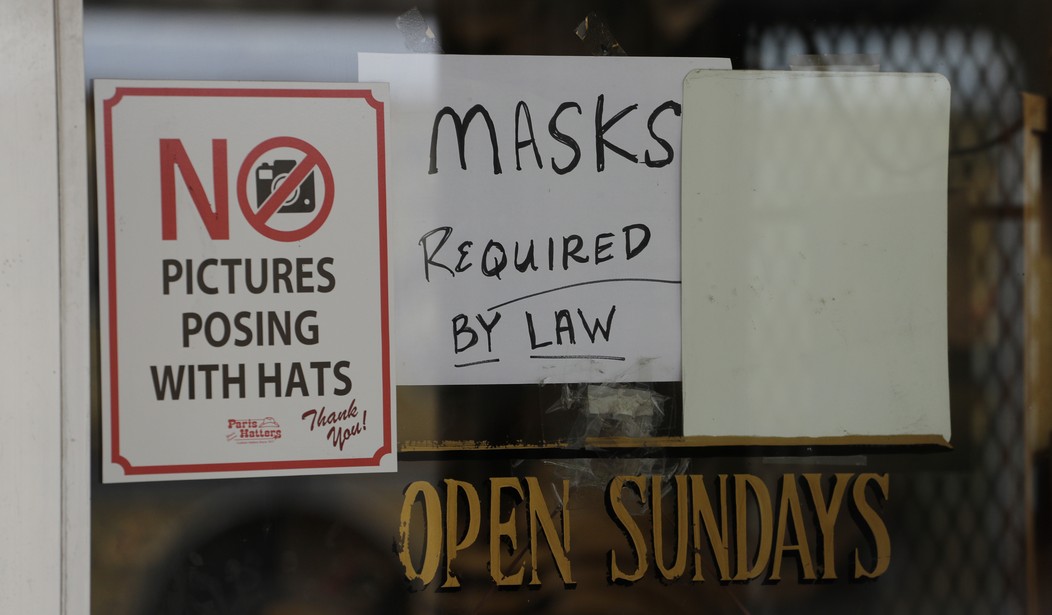
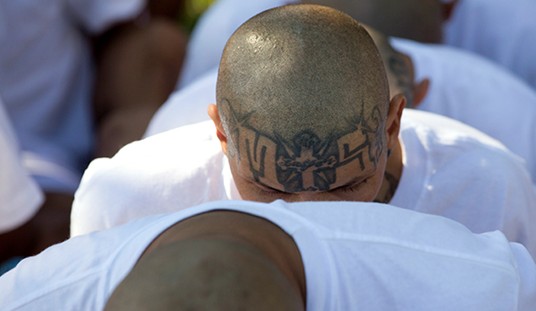
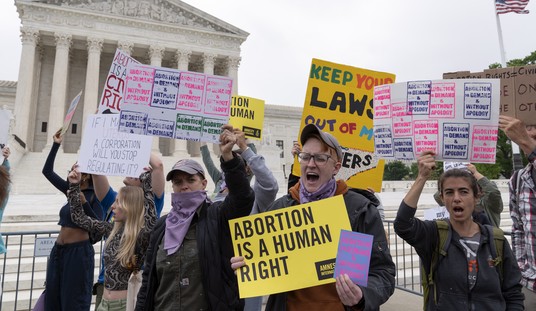
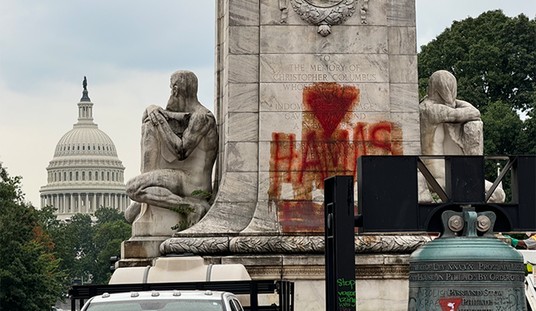

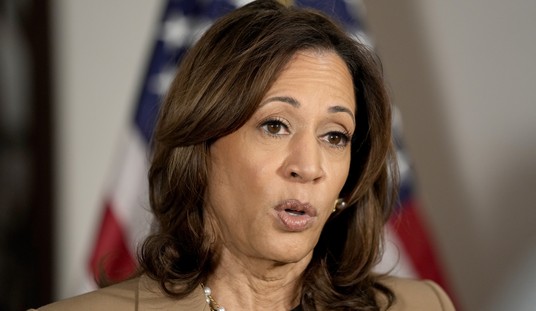
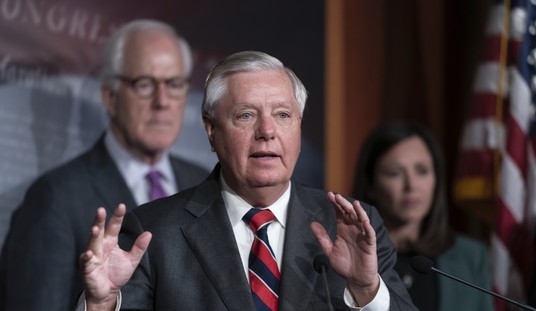



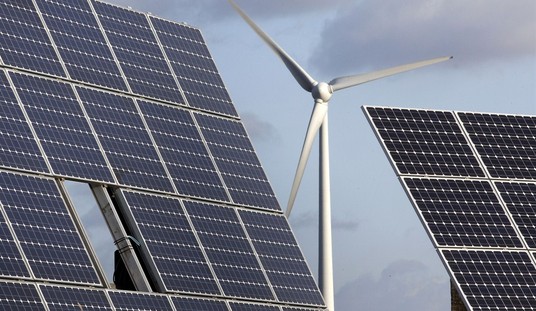
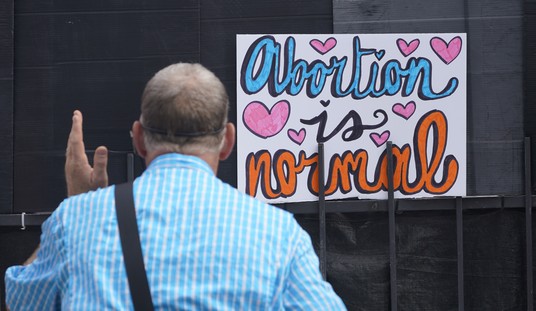

Join the conversation as a VIP Member